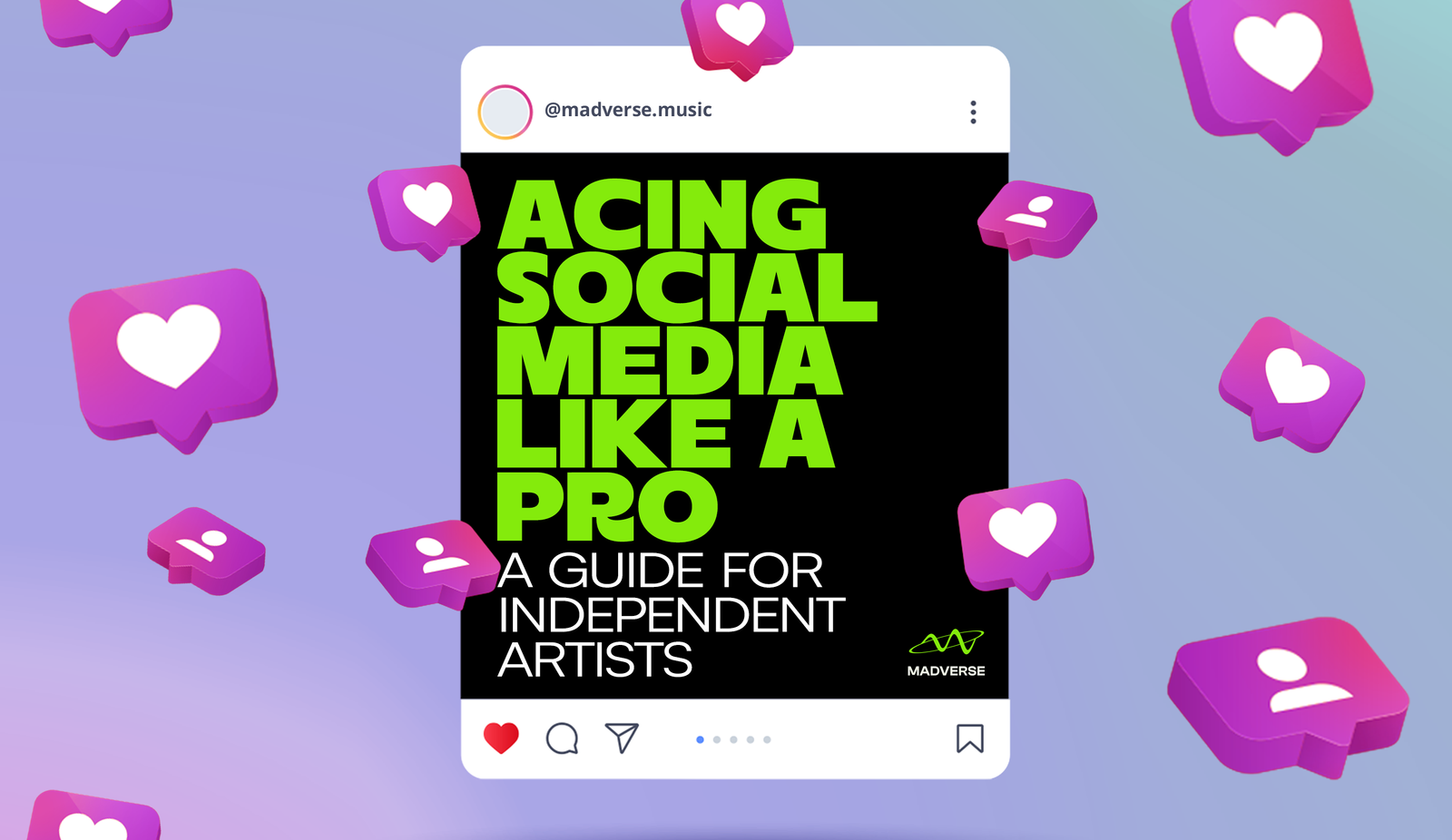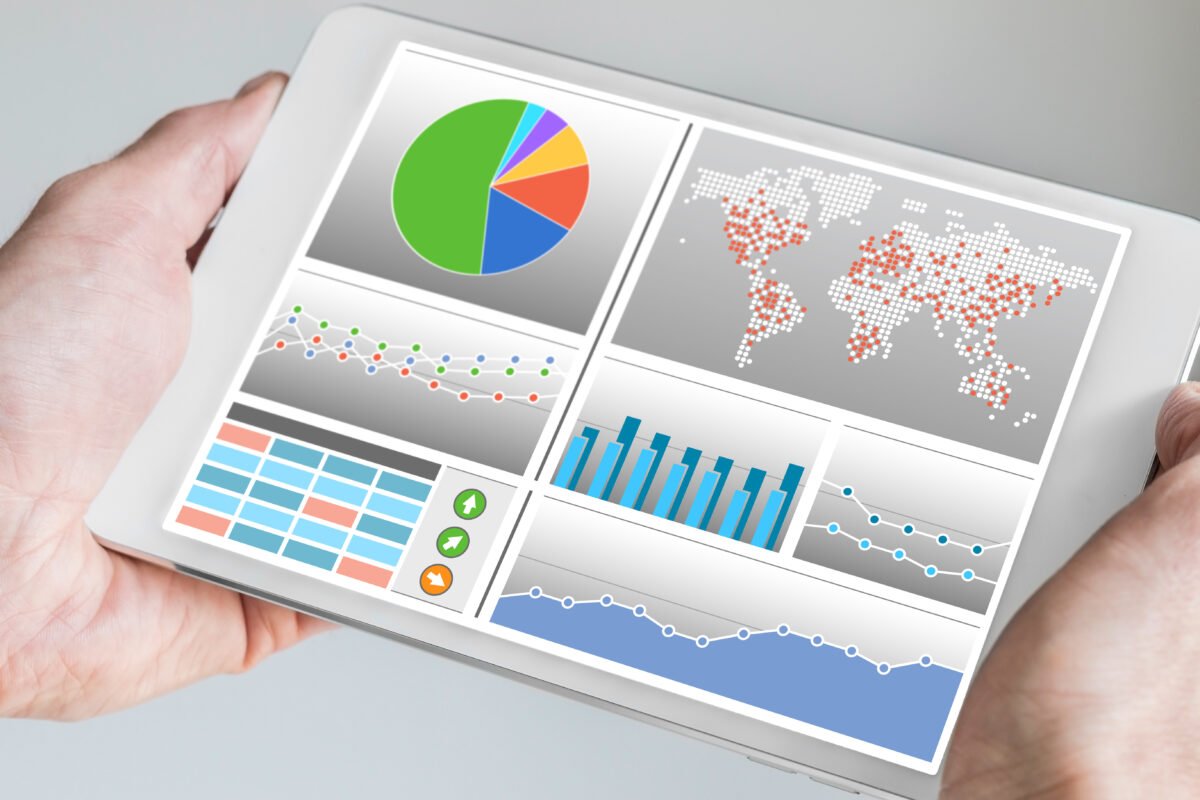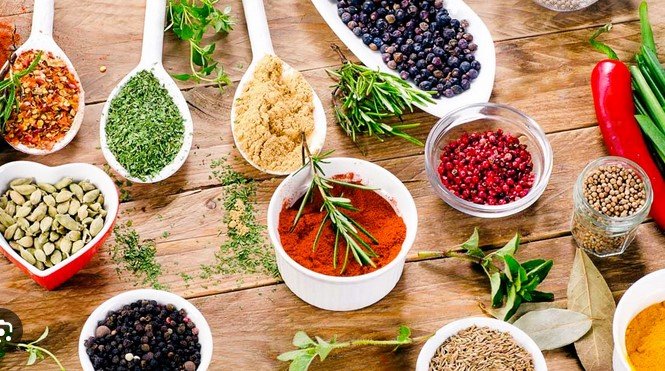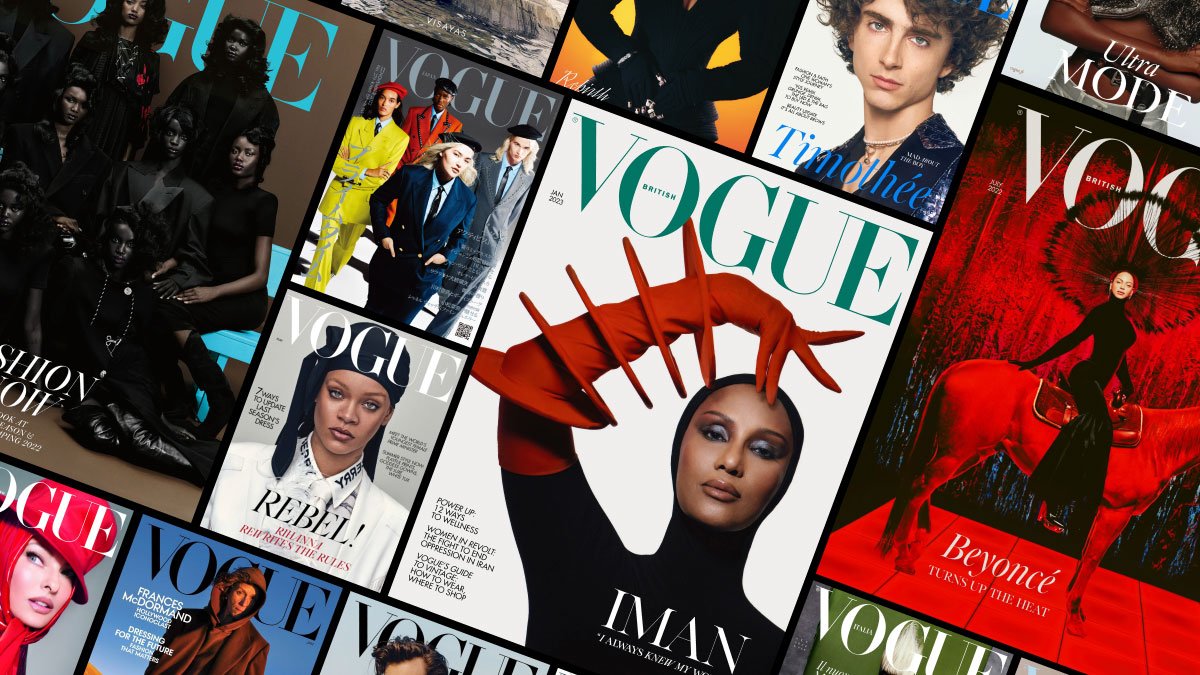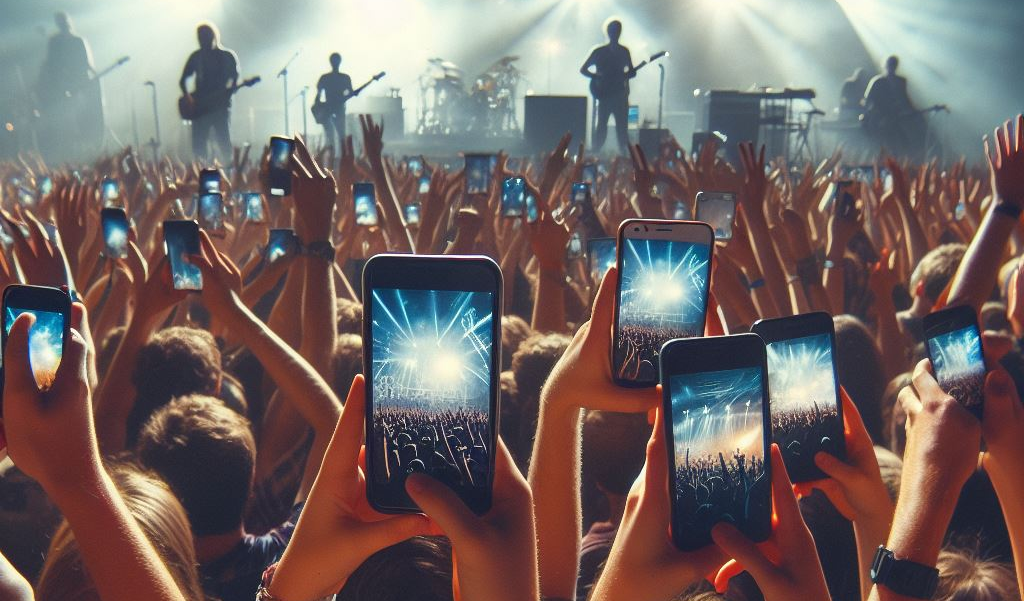In today’s digital age, social media has become an indispensable tool for independent artists looking to build their careers and connect with fans. Unlike traditional promotion methods, social media provides a direct line of communication between artists and their audience, offering a platform to showcase music, personality, and creativity. However, developing an effective social media strategy can be overwhelming, especially for new artists without a team of experts. This guide will walk you through creating a perfect social media strategy that will elevate your music career and help you stand out in the crowded digital space.
1. Define Your Brand and Voice
Before diving into social media, it’s essential to define who you are as an artist. Your social media presence should reflect your personality, your music, and your unique story.
a. Know Your Audience
Understanding your target audience is the first step in shaping your social media content. Consider the following:
- Age Group: Are your fans mostly teenagers, young adults, or older music enthusiasts?
- Music Preferences: What genre do they prefer, and what kind of content do they engage with most (live performances, music videos, behind-the-scenes)?
- Location: Are your fans local, or are you targeting a global audience?
Knowing your audience helps you tailor content that resonates with them and encourages engagement.
b. Build a Consistent Voice and Aesthetic
Your social media should have a cohesive aesthetic that aligns with your music style and brand. Whether you’re going for edgy, minimalist, or vibrant, consistency is key to making a strong impression. Your posts, colors, fonts, and photos should all work together to create a recognizable brand. The tone of your content (fun, serious, witty, motivational) should also be consistent, helping your audience connect with you on a deeper level.
2. Choose the Right Platforms for Your Music
Not all social media platforms are created equal. Different platforms cater to different types of content and audiences, so it’s important to focus on the platforms that work best for your music promotion and personal brand.
a. Instagram: Visual Storytelling
Instagram is a fantastic platform for musicians due to its visual nature. Here’s how to use Instagram effectively:
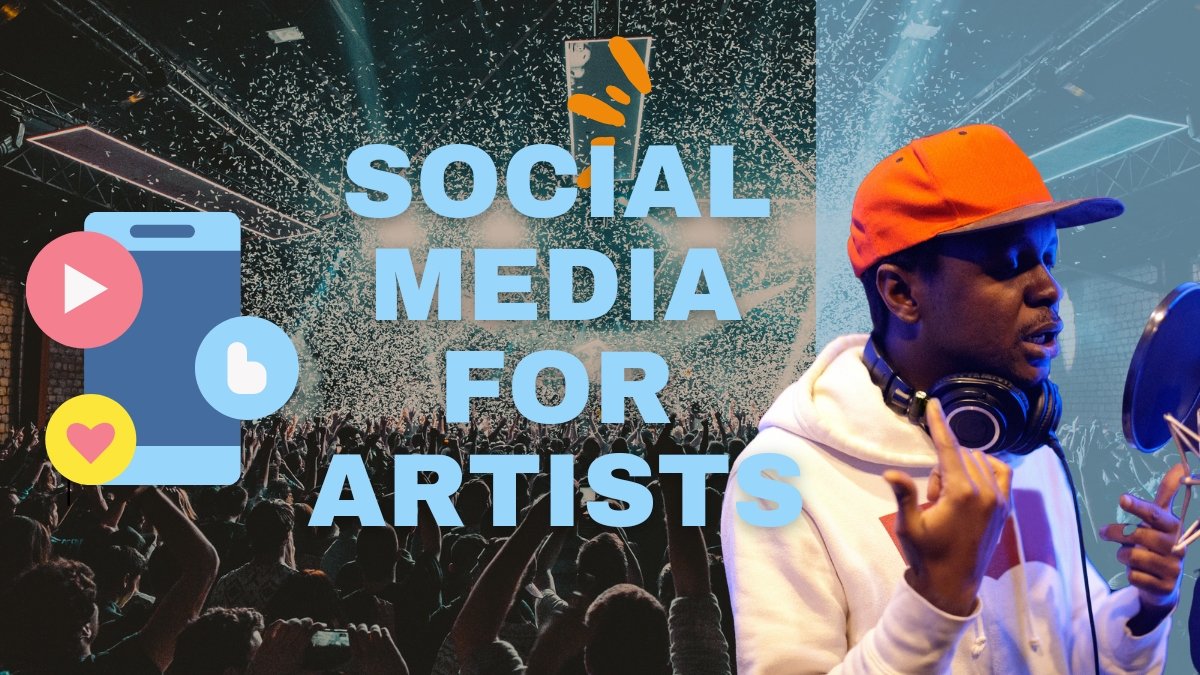
- Post Your Music: Share clips from your music videos, live performances, and behind-the-scenes moments.
- Engage with Fans: Use Instagram Stories and live sessions to interact with your audience in real-time. Polls, Q&A sessions, and fan shoutouts foster engagement.
- Use Hashtags and Tags: Utilize relevant hashtags (#independentmusician, #newmusic) and tag relevant accounts (other artists, venues, collaborators) to expand your reach.
b. TikTok: Short-Form, Viral Potential
TikTok has become one of the most powerful platforms for music promotion. The key to success here is creating content that’s fun, authentic, and engaging.
- Join Trends: Participate in viral challenges and trends while incorporating your music into the content. TikTok’s algorithm often favors trending audio, so you might see your music go viral if it’s used in the right video.
- Show Personality: TikTok is about authenticity. Post casual, raw clips of your creative process, rehearsals, or even funny moments from your daily life.
- Collaborate: Partner with other content creators to reach new audiences.
c. YouTube: Video Content and Music Releases
YouTube remains a staple for music videos and long-form content. As an independent artist, you can:
- Upload Music Videos: Post high-quality official music videos, lyric videos, and performance recordings.
- Share Tutorials and Vlogs: Engage fans with content that showcases your journey, from how you make music to tour vlogs.
- Monetize Content: Once your channel gains traction, you can earn income through ads and YouTube’s Partner Program.
d. Twitter: Real-Time Engagement and Updates
Twitter is great for real-time updates and engaging with fans in a casual way. Use Twitter to:
- Share News: Announce new releases, upcoming concerts, or collaborations.
- Engage in Conversations: Reply to fans and other artists, tweet thoughts on trending topics, or share quick updates from the studio.
3. Content Creation and Posting Strategy
Once you’ve chosen the platforms, it’s time to create content. Here’s how to keep your social media strategy fresh and engaging:
a. Share Your Music Consistently
The most important content on your social media should be your music. But how can you keep it fresh?
- Tease New Releases: Share snippets of upcoming songs or albums, build anticipation with countdowns or exclusive previews.
- Music Videos and Live Performances: Post engaging videos that showcase your live shows, rehearsals, or creative process.
- Audio Clips and Lyrics: Share bite-sized audio clips of your latest tracks or full lyrics to get fans singing along.
b. Diversify Your Content Types
A successful social media strategy incorporates a variety of content types. This keeps your profile interesting and engages fans with different preferences:
- Behind-the-Scenes: Show what goes on in your studio, rehearsals, or music video shoots. This adds a personal touch.
- User-Generated Content: Encourage fans to share videos using your music, whether it’s a cover or a dance. Feature them on your page to build a community.
- Interviews and Q&A Sessions: Give your fans insights into your career by conducting live or recorded interviews, answering fan questions, or discussing your inspirations.
c. Post Frequently, But Strategically
Consistency is important, but so is quality. Aim to post at least a few times a week, balancing promotional content with engaging, personal posts. You can use social media management tools like Hootsuite or Buffer to schedule posts, ensuring you stay active without overwhelming yourself.
4. Engage with Your Fans
Social media isn’t just a one-way street. The more you engage with your fans, the more likely they are to feel a connection to you and become long-term supporters.
- Reply to Comments and DMs: Take the time to interact with fans who comment on your posts or send messages.
- Create Polls and Q&A Sessions: Use interactive features like Instagram Stories polls or Twitter Q&As to get feedback and connect with fans.
- Show Appreciation: Acknowledge your supporters by thanking them for their engagement or featuring them on your page.
5. Analyze and Adapt Your Strategy
To measure the effectiveness of your social media efforts, you need to track engagement and analyze your metrics. Use the built-in analytics tools on Instagram, TikTok, and YouTube to understand:
- Which posts are performing best
- When your audience is most active
- What type of content drives the most engagement
Based on this data, adjust your strategy to focus on what resonates most with your audience.
6. Collaborate with Other Artists and Influencers
Collaborations can significantly expand your reach. Work with other musicians, influencers, or content creators to cross-promote each other’s work.
- Collaborative Posts: Do joint performances or co-host live streams.
- Influencer Partnerships: Partner with influencers who resonate with your music genre to promote your work.
Conclusion
Creating a perfect social media strategy as an independent artist involves understanding your brand, engaging with your audience, and being consistent in your efforts. By choosing the right platforms, creating diverse content, and interacting with your fans, you can build a loyal following and promote your music successfully. Social media allows independent artists to level the playing field and compete with major labels in innovative ways—if you approach it strategically.
With dedication and a well-planned social media strategy, you can take your music career to new heights and build an engaged, supportive fanbase.







